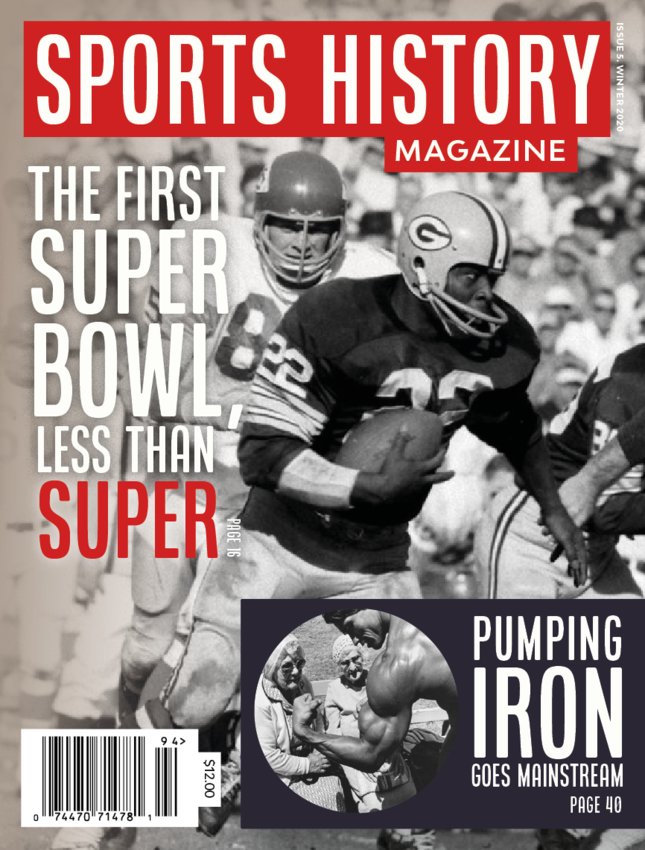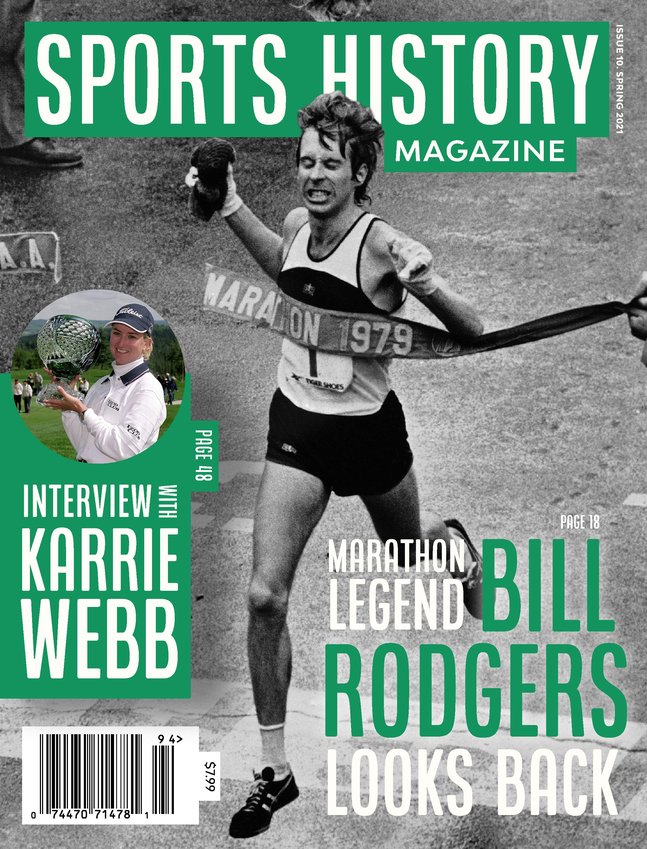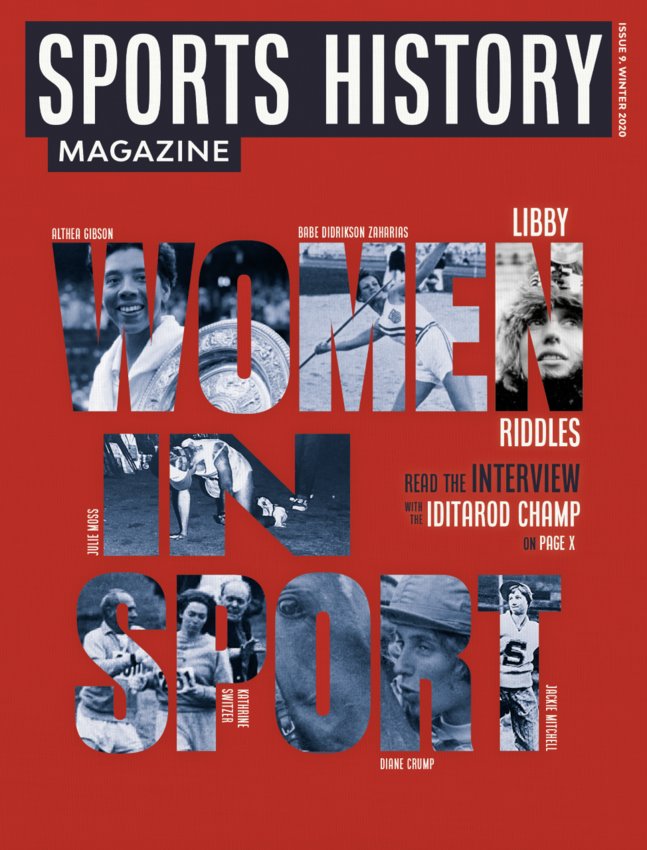The First Super Bowl- Less Than Super
Officially called the “AFL-NFL World Championship Game”, the first Super Bowl was less super and more scrimmage.
The inaugural match of what would become one of sports’ biggest annual extravaganzas took place on January 15, 1967 between the NFL’s Green Bay Packers and the AFL’s Kansas City Chiefs. The Packers were favored by 13½ points and eventually prevailed 35-10.
However, the spirit of the encounter was closer to a contest for league supremacy than a faceoff between two top teams chasing a coveted trophy. Seven months earlier, following years of waging bidding wars for players and competing for TV viewers, the established NFL and the upstart AFL agreed to merge.
The deal included an annual "World Championship Game" between the two bitter foes. The term “Super Bowl” wouldn't officially be enshrined by the newly-established organization until its fourth edition in 1970 and the iconic roman numerals wouldn’t appear until Super Bowl V.
Originally dismissed as another doomed league trying to nip at the heels of the entrenched NFL, the AFL got started in 1960 and actually succeeded in advancing its eight teams to the national football spotlight.
With the title game approaching, tensions ran high as celebrated coach Vince Lombardi and his dynastic Packers were under pressure by the NFL to outperform Lamar Hunt, founder of the AFL and owner of the Chiefs.
Before Lombardy joined Green Bay as their head coach in 1959, the franchise had posted an NFL worst record of 1-10-1. The future Hall of Famer turned the team around and secured 4 NFL titles by the time they would face off against the Chiefs.
Today’s Super Bowl trophy was named after Vince Lombardy following his death from cancer in 1970 .
Prior to the initial championship match, the Packers and Chiefs had never played each other and even took to the field with different balls for their offensive lines. Kansas City used the AFL’s narrow and ¼ inch longer Spalding football that threw better, while Green Bay played with the NFL’s fatter Wilson ball that was more kickable.
While the head referee was an NFL veteran, the rest of the officiating crew was comprised of a combination of NFL and AFL referees.
Both leagues were also followed by their respective broadcasters, a media rivalry in its own. CBS telecast the NFL and NBC covered the AFL. On the ground, their TV trucks were even separated by a fence while they simultaneously transmitted the game.
Almost as an after-thought, the Los Angeles Memorial Coliseum was hastily picked six weeks earlier for the venue. Tickets ran $6 to $12 but only 2/3 of the stadium’s 93,000 seats were filled.
A 75-mile radius TV blackout around Los Angeles angered fans who found the top-tier tickets too expensive and refused to attend. More spectators showed up a month earlier to watch the Packers take on their hometown LA Rams.
By the time it was all over, the NFL emerged triumphantly but the world was indifferent. Both NBC and CBS lost or just deleted their tape footages of the match, assigning little importance to the game and its value for posterity.
It would take 49 years for all the available film fragments to be sourced and stitched to replay the epic match. Simply unimaginable today.
Other articles enjoyed: Peyton Manning: The Man Who Changed Indiana Sports, Lawrence Phillips: Doomed Athlete Or Failed System?, When Rugby Lost Out To Football, The Heisman Trophy As A Non-Predictor, 1970: Tragedy Strikes College Football










